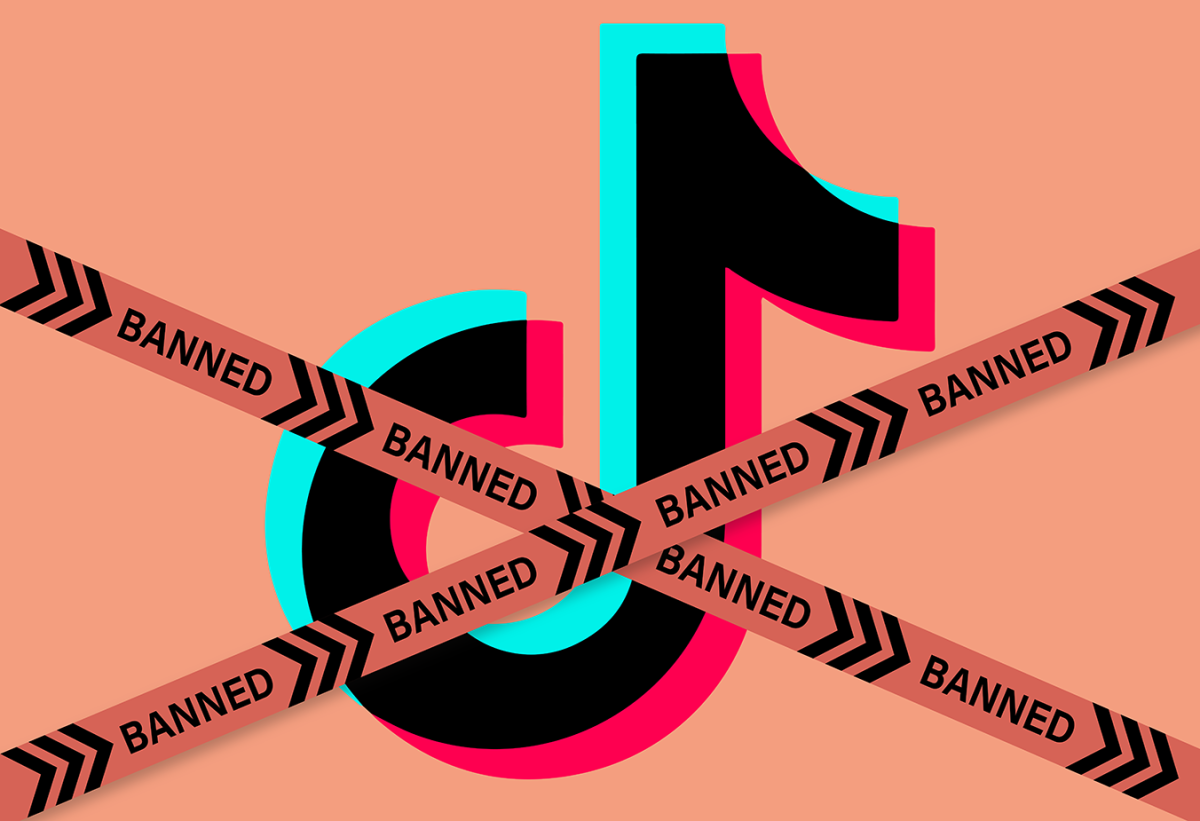This month, the House voted in an overwhelming majority of 352-65 to pass a bill that will either force ByteDance, the owner of TikTok, to sell the app or face a ban across America.
TikTok has 150 million American users as of March last year. Due to the platform’s large and ever growing popularity, many are outraged by the threat of a ban.
While the House claims that the bill is for the benefit of personal and national security, the ban of TikTok is nothing more than a useless show of force by the government and a blatant ignoring of the pleas of countless Americans.
TikTok is intertwined with the financial security of many citizens, and a ban will leave these individuals to struggle.
Countless influencers have risen to fame on the short-video platform. In most cases, TikTok and the brand deals resulting from it have become the main source of income for these influencers.
According to CBS, data shows that influencers on TikTok earn an average salary of $121,765.
CBS spoke with a pair of TikTok influencers, sisters Wendy and Evelyn Ortiz, about what a TikTok ban could mean for them.
Wendy, who is known for her candid videos on motherhood, fears how it will change her life and her daughters.
Wendy commented, “I think most people are taking it as a joke because (a proposed TikTok ban) has happened before, but it is scary to think about losing your source of income.”
It’s not just influencers who will have their income affected by this ban. Many small businesses utilize TikTok as their center of promotion and sales.
Deborah Mayer, who sells new and pre-owned handbags, was asked last year to promote using the live features of the TikTok shop.
Despite selling these goods for the last 16 years, Mayer told AP News that her sales have increased 50% since utilizing this feature. She believes TikTok is now her main source of revenue, making up 60% of it.
When asked about the potential ban, Mayer said, “We put a lot of time and effort building up this platform. It would be a year of work down the drain.”
How can small businesses and influencers be expected to stay afloat financially if the government is considering taking away such an invaluable tool?
The claims that this ban is for the safety of Americans and their personal information have little proof to back them up.
Think about how many other applications we all use that are owned or operated by foreign companies.
Kate Ruane, an attorney at the Center for Democracy and Technology, told Scientific American, “Banning access to one application does not create safety or security for Americans’ data from China or from any other country. So many applications and social media services collect our data and sell it or leak it all over the world, all the time.”
Banning TikTok is a useless scratch on the surface of online security, which will do absolutely nothing when all is said and done.
The proposed ban still has to pass through the Senate, which appears to have some plans on further evaluating it.
Some senators already support the bill, but others are reserved about stepping into the messy world of tech industries.
Whether the app is banned or the current owners are forced to sell the company, it is clear that the social media landscape could change within the next few months.
I think we will see many current and new social media companies attempt to recreate the TikTok format and become the new favorite among users.
However, I don’t believe anyone will ever be able to replicate the influence or online culture that TikTok has created.
The only thing we can do now is hope the ban is not passed and continue to consume the short-form videos we all love for however long we can.






























































































































































